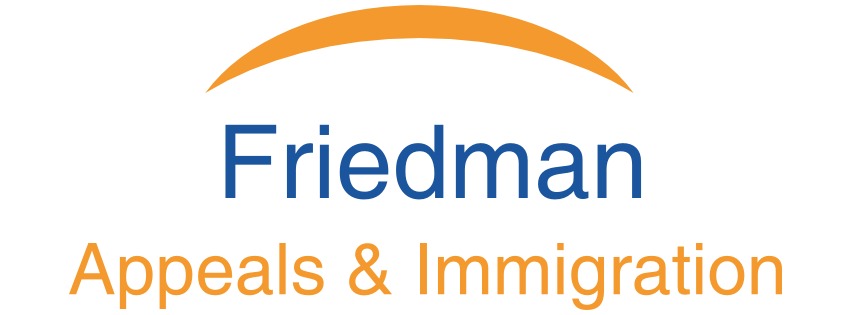 I am frequently asked what the permissible and non-permissible reasons for a B1 visa (or “B1 status”) for Canadians. It is important to stress that anytime someone presents themselves for admission to the United States, they bear the burden of proof. If a border agent or a consular officer does not believe that a claim is supported, he/she can deny the request for admission.
I am frequently asked what the permissible and non-permissible reasons for a B1 visa (or “B1 status”) for Canadians. It is important to stress that anytime someone presents themselves for admission to the United States, they bear the burden of proof. If a border agent or a consular officer does not believe that a claim is supported, he/she can deny the request for admission.
The following actions are permissible:
- Attending conventions, conferences or seminars;
- Meetings with US business associates;
- Consulting with U.S. business associates in order to offer expertise on a specific matter;
- Meeting with US business associates in order to advise or consult on a specific project;
- Attending conventions, conferences or seminars;
- Receiving training for an established, defined program, so long as the source of pay remains outside the U.S.;
- Engaging in activity that is associated with international trade or commerce where the principal benefit of the activity accrues to the business person or corporate entity abroad;
- Soliciting sales, negotiating contracts or taking orders from established customers for work that will be performed outside the U.S.;
- Independent research, such as market or product research, that is not directly connected with sales or service contracts or the solicitation of business;
- Being on the Board of a US corporation and attending Board Meetings and other related activities; or
- Preliminary activities prior to accepting a U.S. position such as a job interview, scouting for office space/facilities, house hunting, school visits and banking activity. These activities, however, are going to be subject to greater scrutiny.
A person presenting who is visa exempt or subject to a visa waiver program is well advised to have an organized portfolio demonstrating their purpose in the United States. This should include a letter of invitation or a letter from the person’s employer. (In cases involving a small employer, a letter of invitation is strongly recommended), copies of an itinerary, and hotel reservations.
The letter of invitation/employer letter should make it clear that the employee’s wages are paid by the foreign employer (not the US business being visited), if there is any health issues that they provide medical insurance/evacuation insurance, and that the company is responsible for the travel expenses (if true).
The following activities are not valid:
- Performing services or duties of the foreign or U.S. job (i.e., temporarily filling in at your company’s US office);
- Engaging in gainful or productive employment whether as a salaried employee or as an independent contractor or freelancer;
- Receiving remuneration (other than expense allowance) from a U.S. employer. However, even if the pay source is outside the U.S., the visitor category cannot be used to enter the U.S. and perform services (with some exceptions);
- Conducting training;
- Work product that is predominately created in the U.S.;
The following actions are “red flags” and are likely to be denied:
- Long trips to the U.S. for business with vague or uncertain intentions that may encourage the Foreign National to do work other than what is specifically permitted; or
- Business trips to the U.S. that lack documentation in support of admission to the U.S. as a business visitor, such as meeting agendas, a letter of invitation from the U.S. employer, or a return ticket abroad.
All visitors need to remember that under US law they have the burden or proof at the time of entry. A border agent may properly deny admission because the applicant has not convinced the agent that they will leave when required, will not engage in impermissible work related activities, or are likely to be a burden on the economy.
